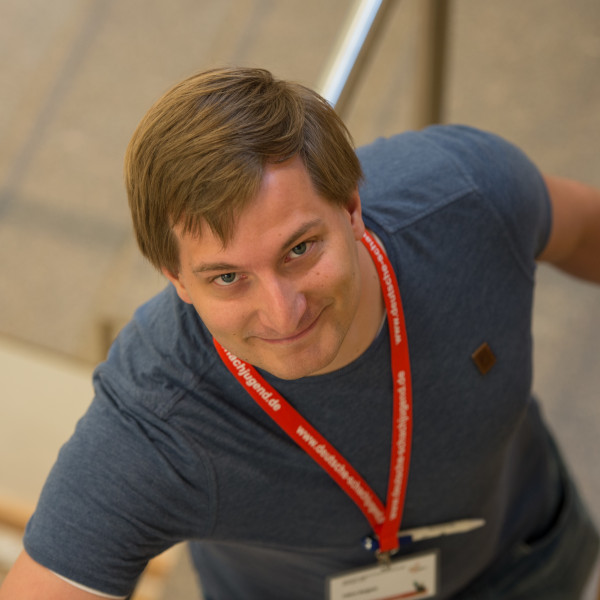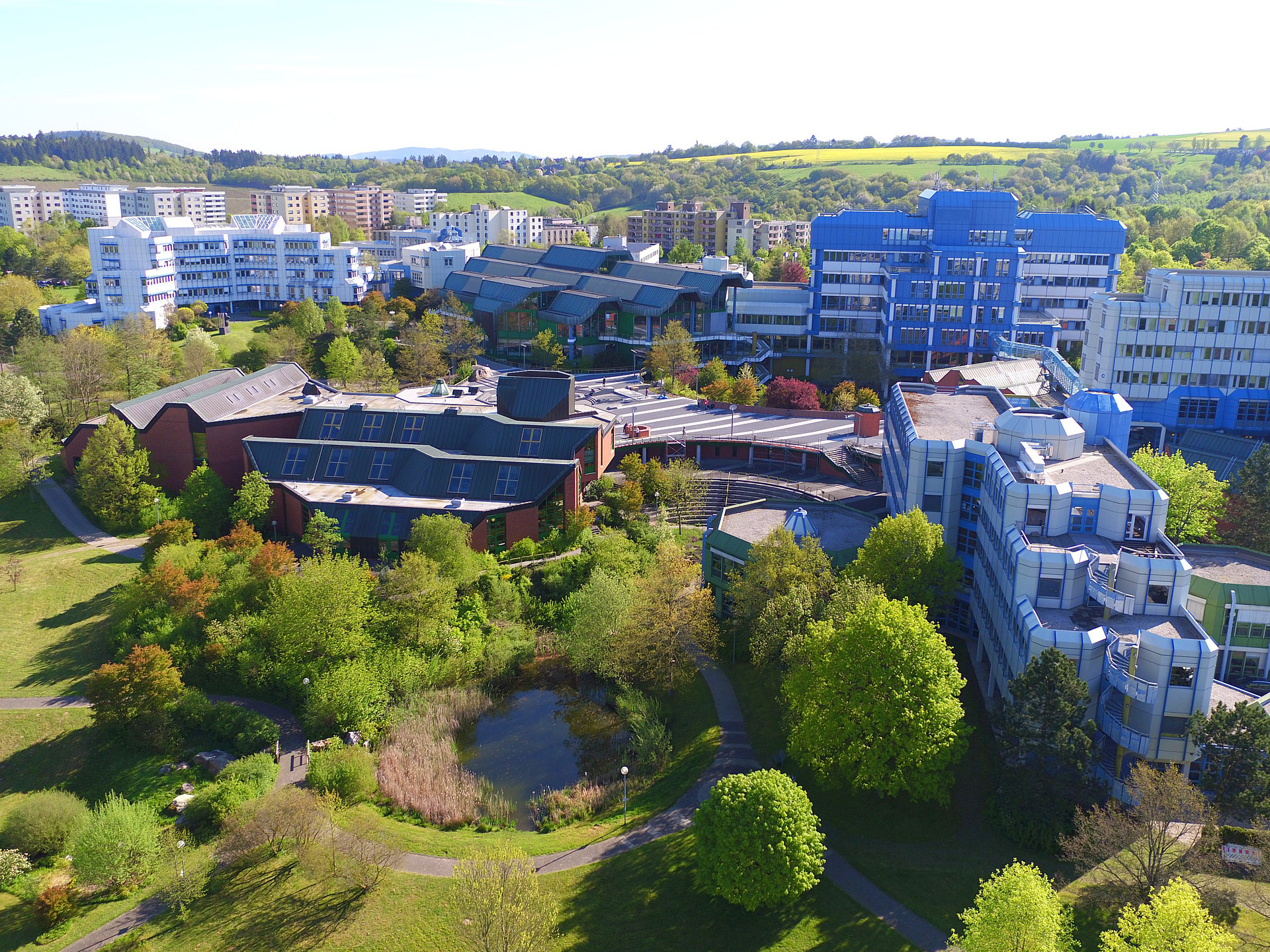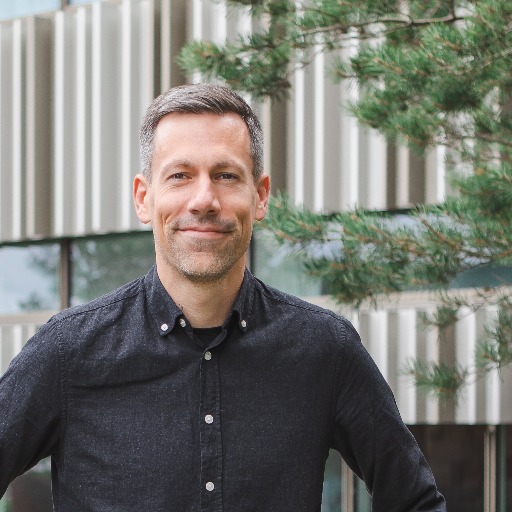WAISC 2022
Workshop on AI & Digital Twins for Smart Cities
When
19th September 2022, 13:30–16:30
Where
Virtual
University of Trier, Germany
WAISC @ KI2022 in Trier —
#WAISC22
Workshop at the
45th German Conference on Artificial Intelligence
With the rising importance of the concept of smart cities as a collective term describing the use of information technology in urban contexts, digital twins for cities are a promising topic that offers potential that has not been fully explored yet. Research and concepts related to both are influenced by different spheres of artificial intelligence: acquisition and evaluation of large quantities of data, semantic technologies, agent-based modeling/distributed simulation, but also the human-computer interaction challenges that arise from the work with digital twins. As such, both topics are deeply nested in the context of AI.
This involves many sophisticated and interdisciplinary research questions that go far beyond application scenarios in the Industry 4.0 environment, where the concept of digital twins has emerged in the area of manufacturing processes. For instance, there are open questions of representation per se (what constitutes a smart city in the first place?), a variety of fields of applications (mobility, health, education, energy supply, etc.), their architecture and implementation as distributed artificial intelligence systems, as well as aspects relating to the integration and protection of data and other related ethical questions. Further, making such systems accessible to users through visualization and interaction is another topic of interest. In this workshop, we aim to examine the different angles and technologies from which the smart city concept can benefit from AI and digital twins.
The workshop is organized as part of the 45th German Conference on Artificial Intelligence (KI2022) in Trier. It is co-organized by the German Informatics Society (GI e.V.), Special Interest Group on Distributed AI (FG VKI) and serves as one of their scientific forums. The technical program of the workshop will include presentations of the extended abstracts provided by the participants, demo applications, and a joint discussion on how digital twins can be advanced by means of AI to address future challenges. The workshop aims to establish a strong research network relating to the use of digital twins in the context of smart cities.
Topics
The workshop provides a forum for exchanging ideas on smart cities and digital twins in the context of AI. The topics include, but are not limited to the following areas:
- What constitutes a digital twin for a smart city, and how can this information be represented adequately in order to allow the application of AI while at the same time protecting the rights and interests of citizens and society?
- Is a digital twin in a smart city just a simulation or a semantic data space? What are online and offline properties of smart city applications?
- What are successful implementations of digital twins for smart cities, esp. with a focus on AI?
- How can aspects of transparency and explainability be supported?
- Which organizational structures are required to design, build, and use a digital twin for smart cities?
- How do citizens interact with smart city applications? What is required to ensure their broad acceptance?
The list above is by no means exhaustive, as the aim is to foster the debate around all aspects of the suggested theme.
Organization
All participants are invited to submit an extended abstract for a short presentation in the workshop. We welcome presentations of new, state-of-the art papers, contributions reporting author's former results or crtical and comparative studies concerning smart cities and digital twins. Submissions are not only limited to unpublished research, but also include demos of working implementations, planned projects and research questions the authors wish to pursue in the future or mini-tutorials on relevant technologies. Regardless of the form of the contribution, authors are encouraged to submit abstracts about scenarios where the use of a digital twin was fruitful and led to new insights but also experiences where they believe that technological or conceptual advances are required such that digital twins can be applied to their full potential.
All accepted submissions will be grouped into related topic blocks, during which each participant presents their contribution in a 10 minute presentation. Each block is concluded by a panel talk, summarizing common findings, experiences and problems encountered in this topic block.
Authors are kindly requested to write the abstract in English. Each participant is allowed to present one paper only. The collected abstracts will be published online prior to the workshop.
The WAISC is also open to people who would like to attend without submitting an abstract as discussion of the topic will play a major role. The workshop language is English.
Call For Participation
Smart cities are a collective term for the use of information technology in urban context. As a subfield, Digital twins for cities is a promising topic with unexplored potential. Both topics are influenced by different spheres of AI: acquisition and evaluation of big data, semantic technologies, agent-based modeling/distributed simulation, but also the human-computer interaction challenges that arise from the work with digital twins. As such, both topics are deeply nested in the context of the KI2022 conference. In this workshop, we aim to examine the different angles, challenges and technologies from which the smart city concept can benefit from AI and digital twins. We call for extended abstracts on past works and experience, demonstrations of implemented systems and presentations of novel research questions and ideas to promote a joint discussion on how the use of digital twins for smart cities can be advanced by means of AI to address future challenges.
Submission Guidelines
All participants are invited to submit an extended abstract. It should consist of up to three pages (excluding references). Formatting should follow the GI-LNI style and guidelines which are available here, along with formatting templates and style files.
Authors should submit an electronic copy of their extended abstract in
PDF. Papers should be submitted via the
EasyChair conference management system
(https://easychair.org/conferences/?conf=ki2022). Please select track
W10: Workshop on AI & Digital Twins for Smart Cities.
The collected abstracts will be published online ahead of the workshop. KI2022 plans the publication of selected workshop papers in the GI-LNI proceedings series after the KI2022 conference. Participants and contributors of this workshop are invited to participate in the authoring of a post-proceedings contribution for their topic block in cooperation coordinated by the workshop organizers.
Dates
Submission of Extended Abstracts
15th July 2022 28th July 2022
NOTIFICATION OF ACCEPTANCE
1st August 2022
Early-Bird Registration
15th August 2022 (via KI2022 website)
Publication of Collected Abstracts
20th August 2022
Registration
20th August 2022 (via KI2022 website)
Workshop
19th September 2022, 13:30–16:30
Canceled!
Organizers


Location and Venue
University of Trier – Rhineland-Palatinate – Germany – ❤ of Europe

Trier is the oldest city in Germany with more than 2000 years of history. Today, with a population of about 110,000, Trier is an episcopal and university city with more than 22,000 students. Situated on the Moselle (Mosel) River, not far from Luxembourg, the city is on the geographic edge of Germany, but in the heart of Europe.
Venue
Campus I (Main Campus)
Universitätsring 15
54296 Trier, Germany
Accommodation
Trier is a very popular destination all year round, especially in the summer and fall seasons. During this time, hotel contingents become particularly scarce. Therefore, we recommend booking accommodation very early. A list of hotels with reserved contingents is given at the website of KI2022.
Additional details
For additional information information for guests, we refer to the KI2022 website.



